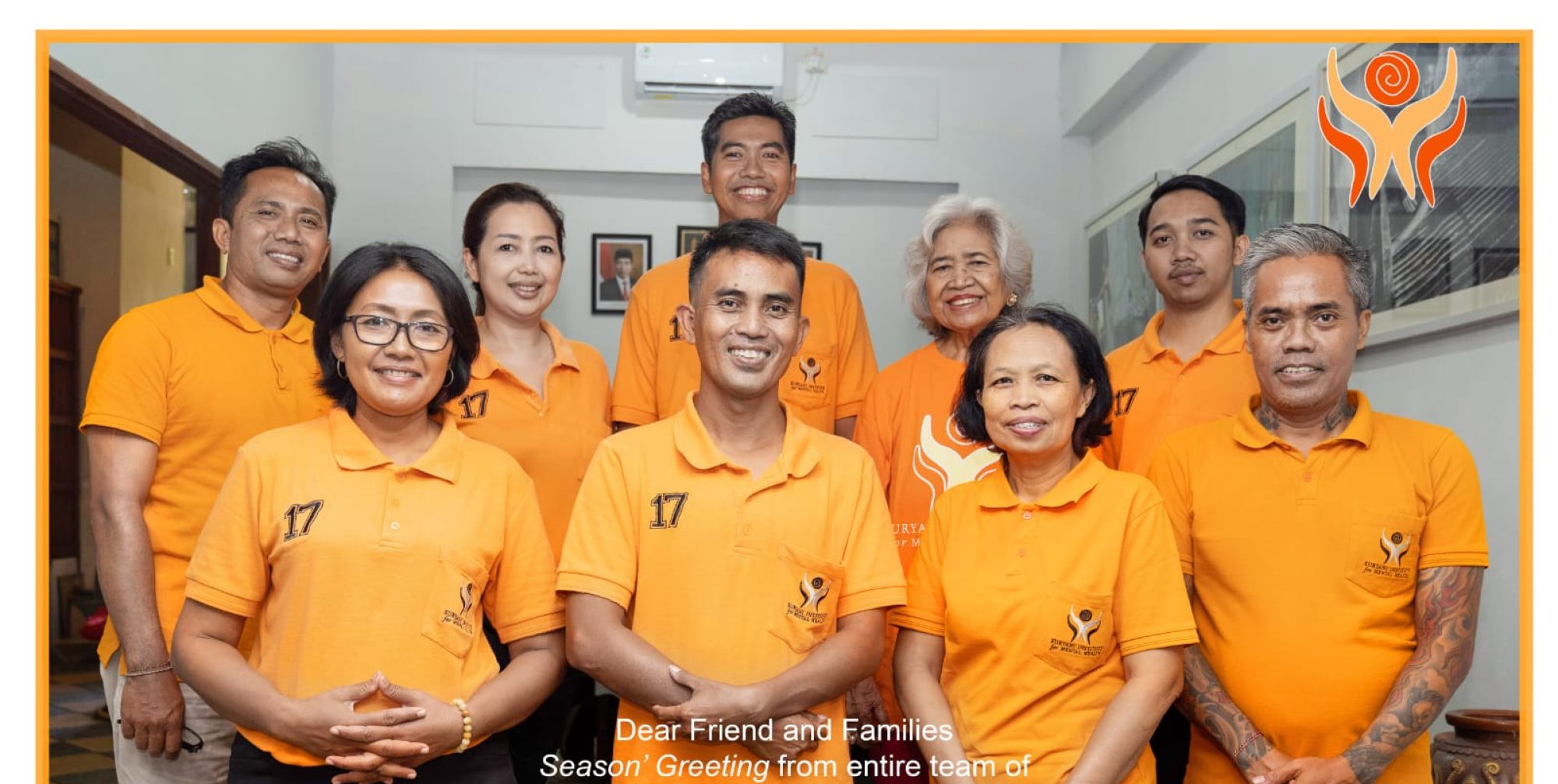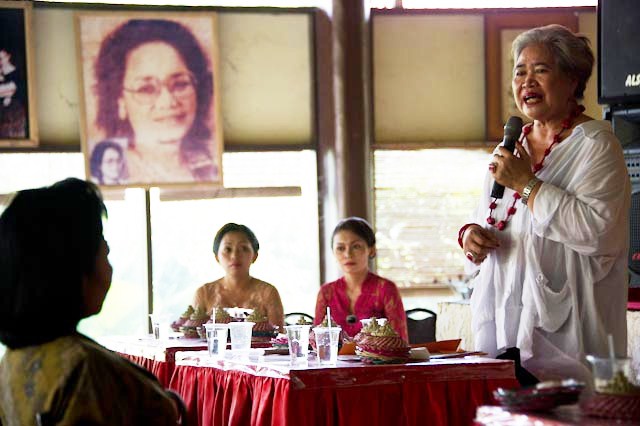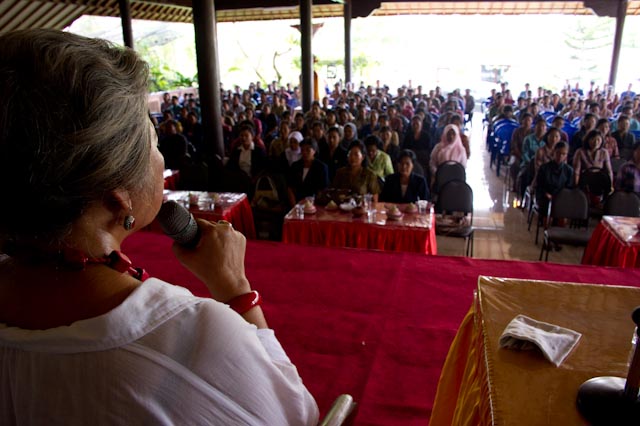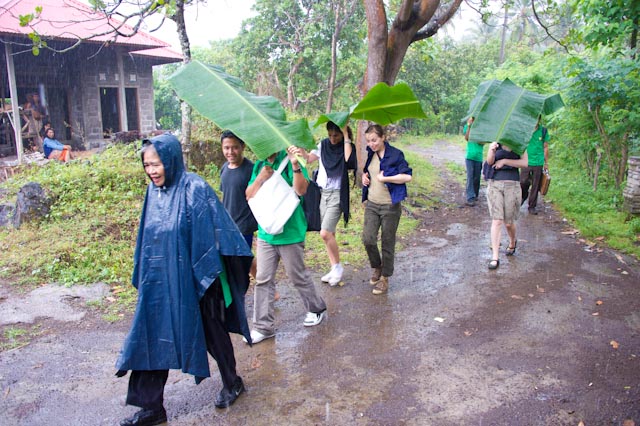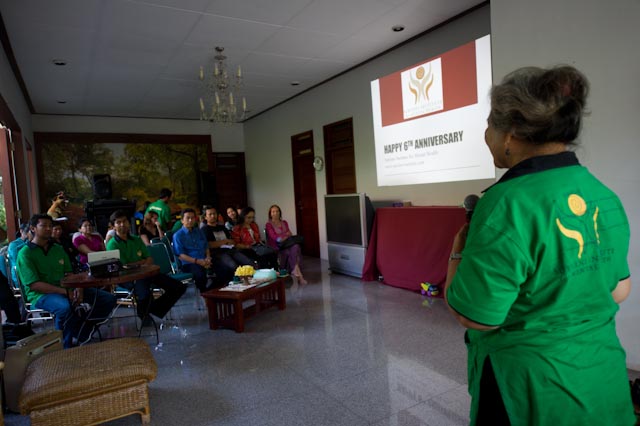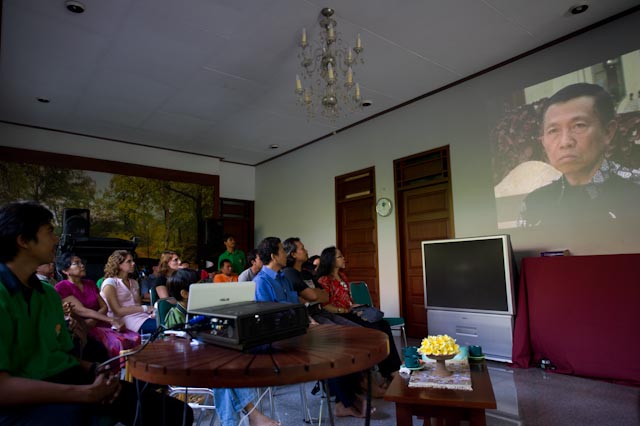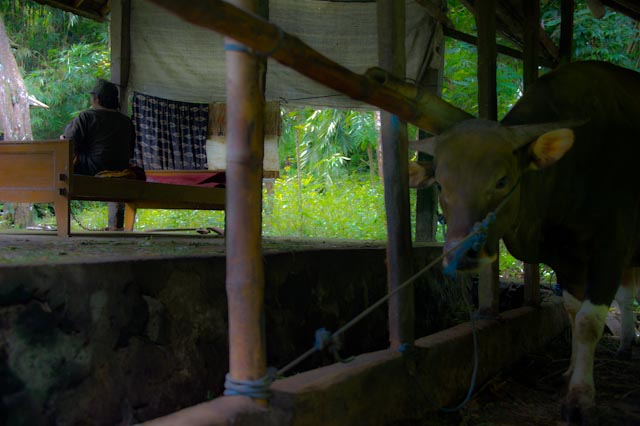An elementary school is an institution where children receive the first stage of compulsory education known as elementary or primary education. The education still tends to focus on basic academic learning and socialization skills, introducing children to the broad range of knowledge, skill and behavioral adjustment they need to succeed in life – and, particularly, in secondary school. Unfortunately this noble purpose of primary education has been raped by their own teachers that want to produce only smart children but mentally unhealthy.
“Most teachers prefer to discriminate their own pupil in the name of success without concern for their longer term”, said Professor Luh Ketut Suryani as the founder of Suryani Institute in front of 400 elementary teachers in Tabanan regency.
Continue reading “Calling elementary teachers for Balinese quality children”
